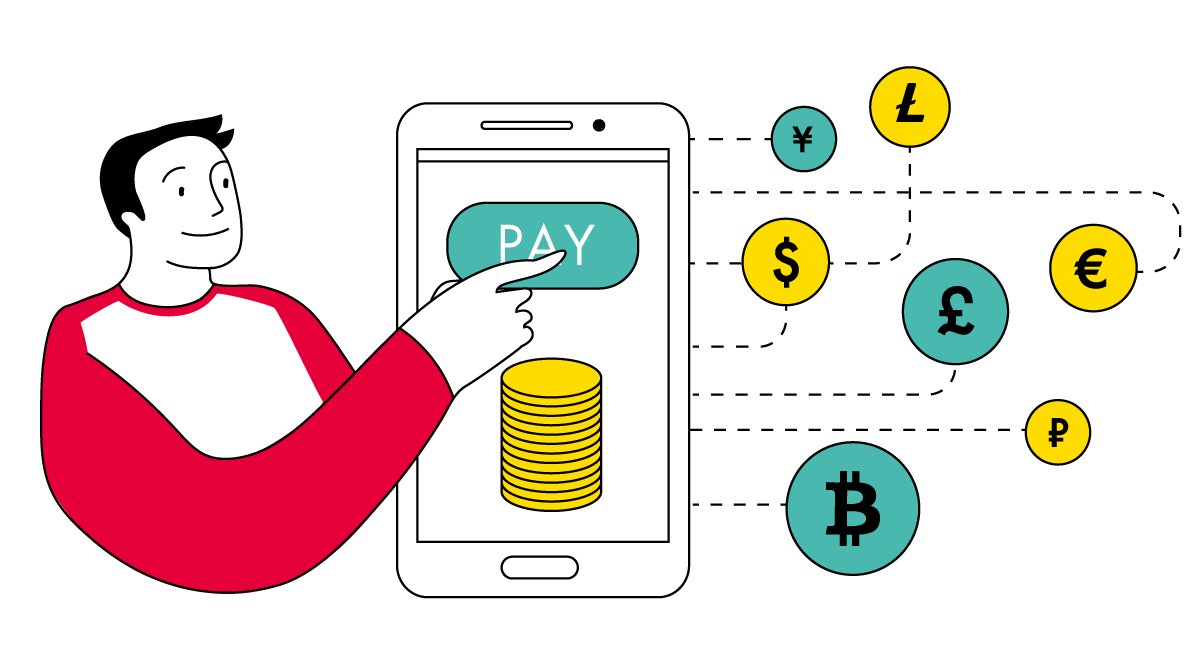Yes, there’s a famous fintech startup who offers a payment card with 29 currency accounts and low exchange rates. And no, not all issuers consider this a threat. In many markets, there’s a bank or processor who has already secured its position by appealing to a particular segment or customer need.
OpenWay has analyzed the success of companies who issue multi-currency cards on the WAY4 platform. Let’s explore some winning strategies and get inspiration for new multi-currency projects!
Table of contents:
-
Who is Revolut and what are the barriers to its future growth?
-
Use case #1 – Currency conversion for payments in a trusted payment environment
-
Use case #2 – Traveling and leaving a trusted payment environment
-
Use case #3 – Savings in foreign currency
-
Use case #4 – Corporations benefit too
-
How banks and processors use WAY4 to address all the four use cases
-
Solution one: Multi-currency card with separate balances
-
Solution two: Multi-currency card with one shared balance
-
Issuing revenue options
-
Wallets and loyalty – sweet bundle
-
NFC, QR, tokenization
-
Summary
Players with live multi-currency payments projects referenced in this case study:
-
Revolut, UK fintech startup
-
Tinkoff Bank, the Best Consumer Digital Bank in Central and Eastern Europe, according to Global Finance magazine
-
Amazon, world’s largest retailer
-
Credorax, global e-commerce processor
-
Halyk Bank, the largest credit institution in Central Asia
-
Enfuce, cloud-based payment processor with HQ in Finland
-
National Bank of Oman
-
and others


